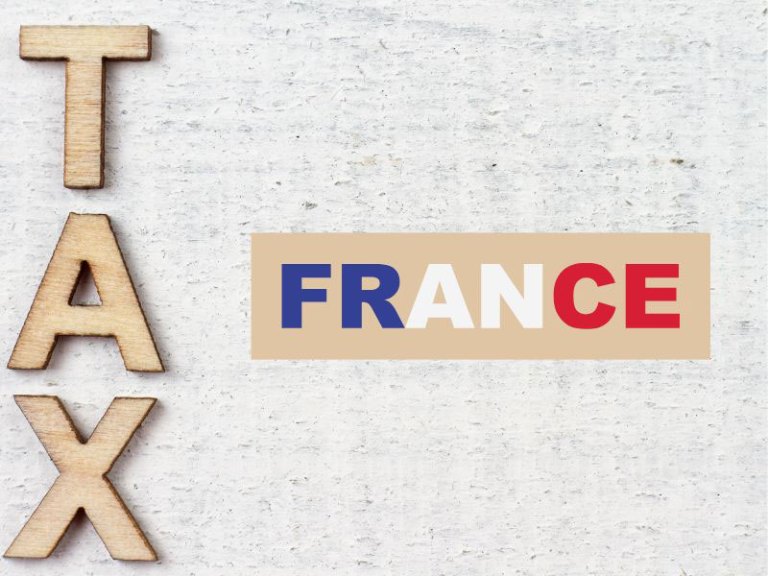As in all aspects of life in France, the differences from the UK are numerous – and that includes marriage.
In Britain, depending on one’s faith, or lack of, one would typically get married in a church, or in a registry office. In France most couples do both! Before being married in a church, the marriage much be officially conducted in the local town hall – the mairie.
And it gets even more confusing. Because, in France there are various marriage regimes, which are effectively marriage contracts in the legal sense. It’s important to choose wisely, as the chosen regime will govern how a couple’s assets are owned. This will also affect how assets are dispersed, including inheritance, explains Robert Kent of Kentingtons, tax consultants for British expats in, or moving to, France.
A choice of marriage regimes in France
In the broadest sense, the three principal marriage regimes in France can be explained as follows:
Séparation des Biens
This is literally translated as “separation of assets”, which is fairly self-explanatory.
Communauté Réduite aux Acquêts
This is the default marriage regime in France. In short it means that everything purchased by the spouses after the marriage is owned by the community, i.e., jointly by the two spouses, even if only one of the two pays.
Communauté Universelle
Everything owned before and bought during the marriage is owned within the community, i.e., jointly by the two spouses.
Marriage problems – when it comes to inheritance in France
Most British couples, in their minds at least, would consider themselves married within a universal community, i.e., all is shared, and very often all is inherited by the surviving spouse. But here’s the issue. In France, the vast majority of couples married in the UK are considered to be married under the Séparation des Biens marriage contract. Why is that a problem? Of course, every case is different, but let us consider one relatively common example.
Mr and Mrs Smith, who have two grown up children, were married in the UK and lived there for many years before moving to France. Each wants their surviving spouse to receive all assets on first death. However, being married under the separation of assets regime means that French inheritance law takes charge.
Inheritance law reveals another notable difference. In the UK you can generally leave all your worldly goods to whoever you like, even the neighbour’s dog, if you wish! In France, however, the children have an absolute right to inherit a minimum percentage of the deceased’s estate as follows:
1 child – half
2 children – two thirds
3 children or more – three quarters
If we go back to our example, on the passing of Mr Smith, the two children would have a right to two thirds of Mr Smith’s estate.
What can you do to ensure your assets are shared as you wish?
In the UK, you simply write a will, allocating funds to whoever you wish. In France, inheritance planning can be more complicated. However, in certain circumstances it is possible to change one’s marriage regime (contract). And, as in the UK, there are ways in France to plan for the future in a tax efficient way, offering as much protection as possible to all your loved ones, be they from a first or second marriage.
Everybody’s situation is different. Advice given to your neighbour, for example, may be totally inappropriate for you. When you’re looking at long term financial planning, it’s essential to take qualified advice that’s personal to you own specific family set-up.
By Robert Kent of Kentingtons, Tax and Investment Consultants with coverage throughout France and the UK. Find out more or get in touch for advice and support at: kentingtons.com










